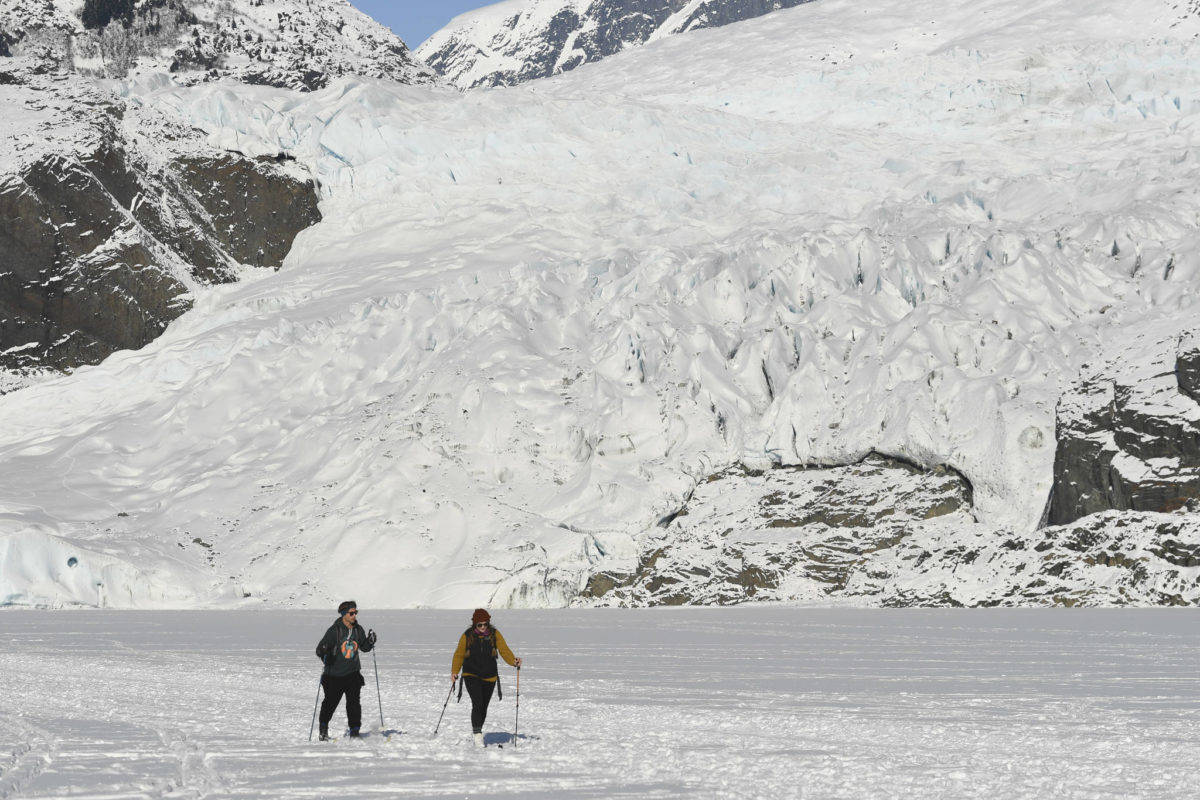The League of Women Voters of Alaska, at its July 8 board meeting, adopted a Climate Emergency Resolution. The Alaska League was, in part, motivated by the U.S. Fourth National Climate Assessment that reported that the Arctic regions are warming at a rate two-three times faster than the Lower 48. We can currently see the evidence of this as we approach what might end up being the warmest summer on record along with rising numbers of deaths of sea mammals and fish, some of these deaths possibly due to warming oceans.
The rapid warming that Arctic regions are experiencing is causing disruptions in infrastructure due to melting permafrost, in marine life and the industries that depend on healthy oceans, in traditional ways of gathering food, in public health and food security, and in the cost of ameliorating many of these effects. For example, the Climate Assessment estimates that the cost of Alaska’s infrastructure fixes from 2008-2030 will run $3.6 to 6.1 billion along with the extra cost of wildfire repression estimated at an additional $25 million or more per year.
The Alaska’s Climate Action Leadership Team (unfortunately no longer in existence) recommended a decrease in greenhouse gases ranging from 30-33% by 2030. In addition, the Team recommended increased support for climate research, such as that done by the University of Alaska system, as well as the education required to increase public awareness. While some may believe that Alaska’s small population is unable to do much to stop climate change, leaving us to conduct business as usual, Alaska is seeing the effects of climate change from the front lines.
Alaskans increasingly realize that this is a global issue that requires cooperative effort on a global scale. The League of Women Voters of Alaska urges the state and local communities within Alaska to take immediate action to focus on the seriousness of climate change and the steps that can be taken to ameliorate this global crisis.
Judy Andree,
President of League of Women Voters of Alaska
• My Turns and Letters to the Editor represent the view of the author, not the view of the Juneau Empire.
